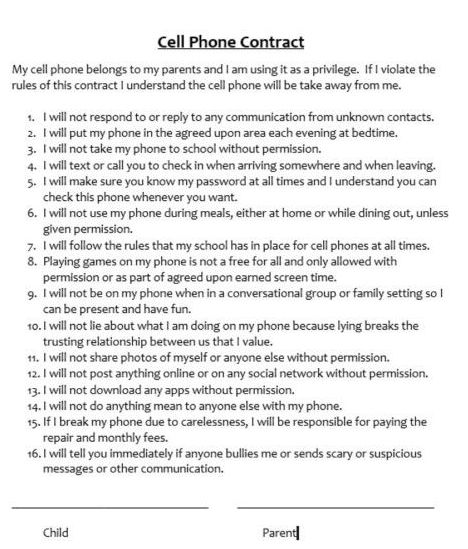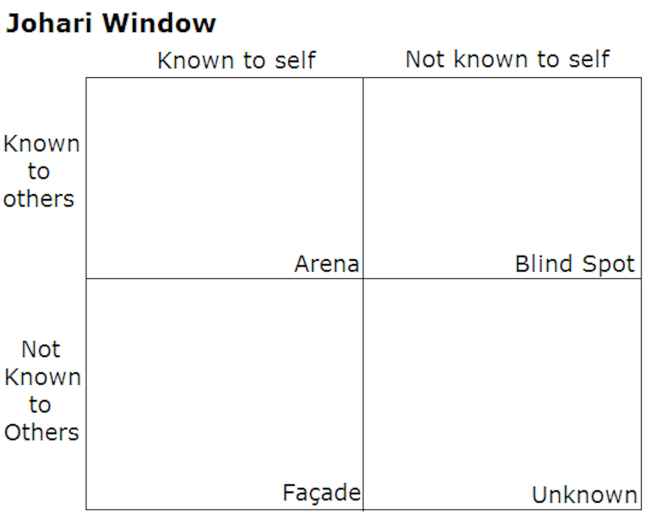Grief and Trauma
Grief is a wily co-traveller. It can turn up quite unexpectedly, often at times that are truly joyous. Often when it wells up in my life my first reaction after the tears and pain is “Where did that come from?”
My husband passed away suddenly five years ago which seems like a long time ago, and yet only yesterday. Most of the time now I am not overly preoccupied with his death. Life takes over as it must. I have a daughter to raise, a calling I am deeply committed to, and a present that also includes a new partner who cares for and loves all the disparate parts of me, my grief included.
And yet, at times of change, such as the advent of Spring, or moving house, or watching my daughter receive an award, the tears come and there is this feeling that is so painful but also so beautiful and healing at the same time.
Prolonged Grief
When a person experiences loss and grieves a loved one, our society gives them a set time frame before the condition is described as ‘prolonged grief’ and it is regarded as a pathology in the person.
These times when grief arises, tears are shed and loss is acknowledged are not pathology. They are opportunities for a grieving person to integrate their past and present.
People always throw truisms at you when someone dies. “Time heals all wounds,” or “It was his time,”
It’s hard not to tell people to shove it. None of it makes any sense. You are hurting. Try talking to someone who has just hit their thumb with a hammer. Or broken their leg. Really nothing matters but their pain. They cannot think or feel beyond it and it is all encompassing.
One response for grieving people is to suppress the grief and shapeshift. Try and be the ‘strong’ person carrying on – mouthing back the platitudes while hiding their isolation and sinking further and further into despair. The loss of a loved one is extremely traumatic. The expectations of others to ‘get on with it’ can compound the trauma and make it more distressing.
Unresolved Trauma
Quite simply – trauma is energy trapped in the body. If it not treated it will manifest in unhealthy ways. Anxiety, depression, detachment, rage, physical illness, despair.
It’s not up to anyone else to decide what is or has been traumatic in your life. No one else knows your experience and maybe you have hidden it to stay afloat.
Facing trauma allows a person to live with grief. Behind the loss is what you are left with.
If you or anyone you know needs support in their grieving process be proactive in getting the help you or they need. It might just save a life.











 Communication is a tricky thing. Every day we walk the gauntlet between an intended message and an interpreted message. When there is disparity between the two misunderstandings and disharmony can arise.
Communication is a tricky thing. Every day we walk the gauntlet between an intended message and an interpreted message. When there is disparity between the two misunderstandings and disharmony can arise.
